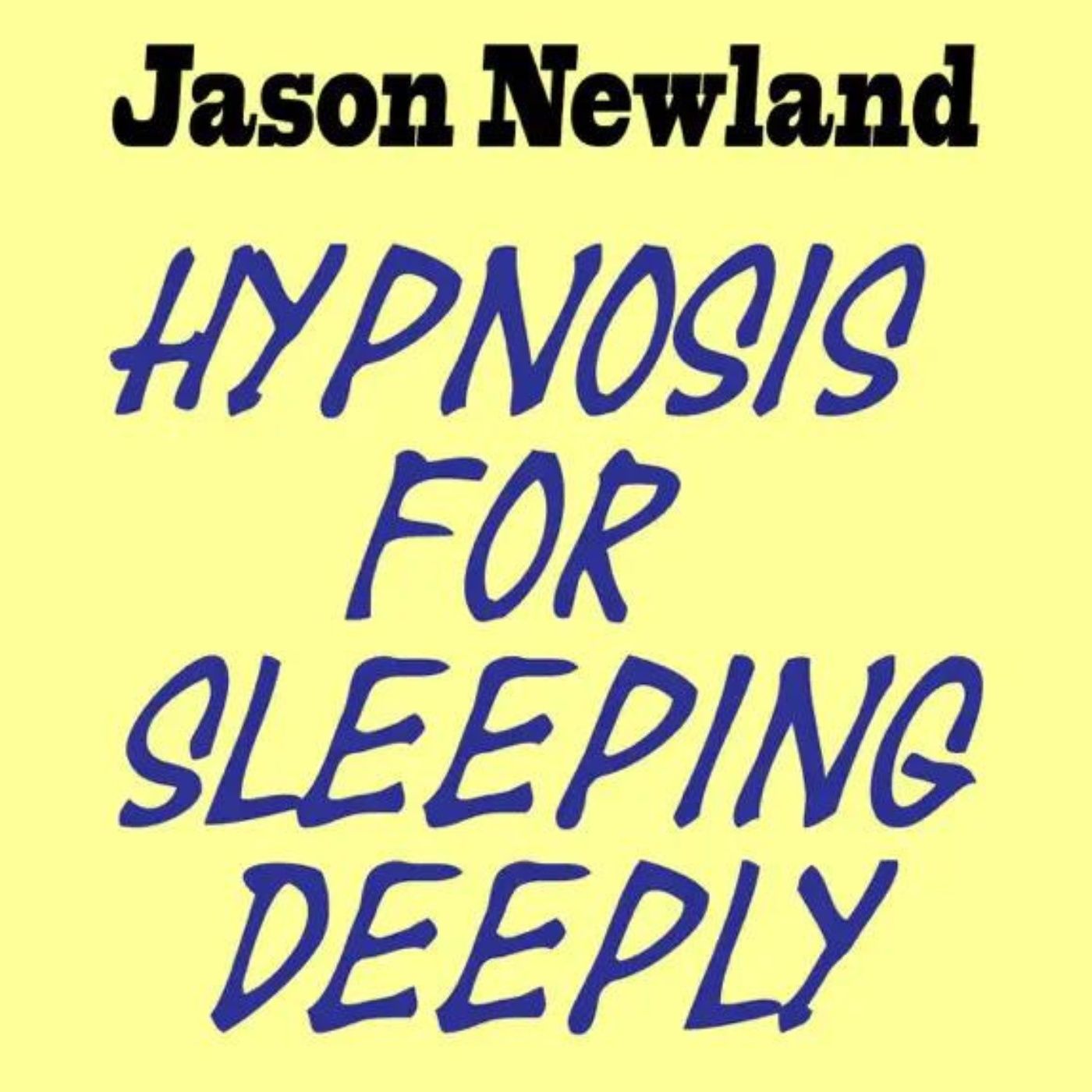Getting Unstuck: Managing Anxiety With ACT Featuring Dr. Patricia Zurita Ona
What acceptance and commitment therapy (ACT) teaches about anxiety
Acceptance and Commitment Therapy (ACT) reframes anxiety as a normal human experience and focuses on living a values-driven life rather than eradicating uncomfortable feelings. Patricia Zurita Oñor explains how ACT differs from cognitive behavioral therapy (CBT): instead of debating or disproving anxious thoughts, ACT teaches people to notice, name, and step back from them.
How ACT reduces secondary suffering and improves psychological flexibility
ACT distinguishes between primary pain (the raw uncomfortable emotion) and secondary suffering (the extra distress added by avoidance, judgment, or rumination). By practicing acceptance, cognitive defusion, and mindful observer perspective, people stop adding unnecessary suffering and regain the energy needed for meaningful action.
Concrete ACT skills for immediate relief and long-term change
Grounding and body-based techniques — press your feet into the floor, practice diaphragmatic breathing, and use stress-coherence exercises to reduce physiological distress without trying to eliminate the emotion. Defusion practices — notice, name, and even greet anxious thoughts ("Hello, Ms. Worry") to loosen their grip. Workability questioning — ask whether following a thought expands or shrinks your life.
Values-based action: the engine of meaningful change
ACT reframes therapy around verbs and actions aligned with personal values. Identify core values across life domains (relationships, health, career), convert values into weekly concrete behaviors, and perform short regular check-ins — for example, a weekly whiteboard X system to track value alignment.
When to combine ACT with other tools
For some people with intense physiological symptoms, medication or additional grounding skills can help them engage with ACT practices more effectively. ACT is often integrated with exposure principles: intentionally taking valued action while allowing uncomfortable sensations to exist.
Where to learn more
For professionals and the public, contextualbehavioralscience.org offers training resources, research, and practical ACT materials. ACT-based practices, such as observer-self cultivation, mindful defusion, and values clarification, are backed by multiple randomized controlled trials showing improved well-being and meaning.
- Key takeaway: Stop fighting feelings — practice acceptance and choose values-based behavior to expand your life.
- Practical next step: Try naming a worry today, ground your body, and take one small values-based action.




